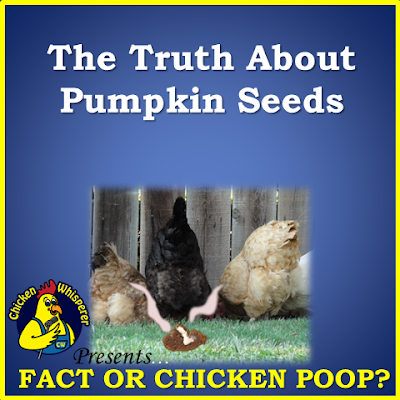"People get sick from Salmonella because they have no immunity to it. Getting Salmonella will help build my immunity to Salmonella so in the future I won't get sick from it." - Statement posted as a reply to a post on the Chicken Whisperer Facebook page on October 17, 2015.
Getting an infection with Salmonella does not mean
you will never get an infection with Salmonella again. Some immunity may be
formed after infection with the germ, but it may not be effective if you
subsequently receive a high dose of the germ and immunity may not last your
whole life. Also, there are many different types of Salmonella that can
make you sick, so it is possible you may not get infected by the same type.
Salmonella can cause serious illness or even death. Children younger than age
5, people older than 65, and those with weakened immune systems are at a higher
risk for serious infection. Advice from CDC to help prevent getting sick with
Salmonella can be found at: http://www.cdc.gov/salmonella/general/prevention.html
Answer
provided by Megin Nichols, DVM, MPH, DACVPM
Enteric Zoonoses Team Lead
Outbreak Response and Prevention Branch
Division of Foodborne, Waterborne and Environmental Diseases
National Center for Emerging and Zoonotic Infectious Diseases
Enteric Zoonoses Team Lead
Outbreak Response and Prevention Branch
Division of Foodborne, Waterborne and Environmental Diseases
National Center for Emerging and Zoonotic Infectious Diseases
U.S. Centers for Disease Control and Prevention




